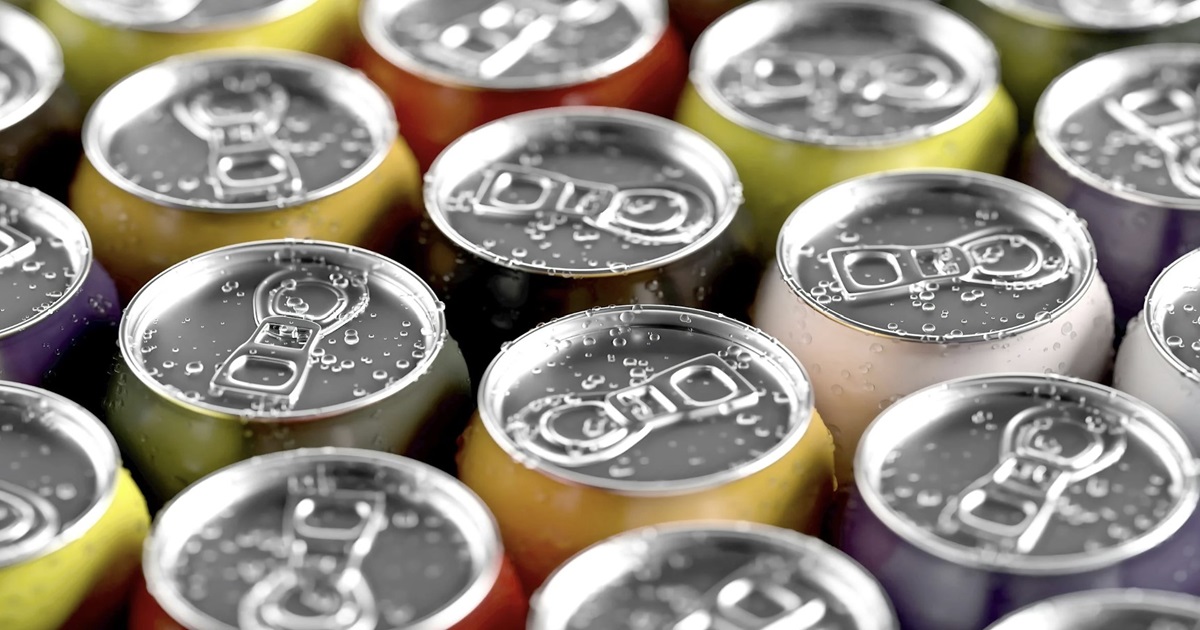Don’t Crush Your Aluminum Cans Before Recycling

source: Pexels
I remember when I was a kid, and whenever we drank a can of Coke, my friends and I were competing over who could crush the cans better. This might sound silly now, but back then, we had so much fun. We couldn’t wait to finish our soda just for the joy of crushing it beneath our feet or hands. As a child, unfortunately, I didn’t give a second thought to this activity, but as an adult, I understand what’s right and what’s wrong. However, I guess this can come as a surprise to many people: did you know that you shouldn’t crush an aluminum can before recycling it? I asked around, and almost none of my friends were aware of this.

Crushing aluminum cans was almost a ritual in my youth, a symbol of completion and the precursor to responsible recycling. Or so we thought. It turns out, our well-intentioned compacting may have been more counterproductive than we realized. It’s a bit ironic. The very act we believed was helping the environment might have been hindering the recycling process instead.

You see, the recycling systems in place at many facilities are designed to sort recyclables by size and shape. Crushed aluminum cans can easily fall through the spaces of the sorting equipment, getting lost entirely or, worse, improperly sorted. This was a shocking revelation to me. I had always assumed that by crushing cans, I was doing my part to save the planet. In reality, those crushed cans might end up being sorted as paper or other products, contaminating the entire batch of recyclables. This really shows us the complexities involved in recycling and the importance of doing it correctly.
The process of recycling is a delicate one, requiring careful sorting to ensure that materials are processed properly. Keeping cans as intact as possible turns out to be best for recycling. It maintains the shape, making it easier for sorting machines to identify and properly process them. Who would have thought? Our childhood competitions, while fun, were inadvertently contributing to a larger problem.

Interestingly, this rule doesn’t apply universally across all recyclables. For instance, plastic bottles are best recycled when crushed. It saves space and ensures they’re less likely to blow away from recycling bins or facilities. However, even with plastic bottles, there’s a catch – the importance of keeping caps on when recycling. It turns out that caps are made from a different type of plastic than the bottles, and removing them can cause both parts to be sorted incorrectly. It’s a nuanced process, full of do’s and don’ts that many of us are unaware of.
So, why is it important to recycle responsibly? The answer lies in the impact our waste has on the environment. Recycling cuts down on the need to dig up, clean, and make new materials, which helps prevent a lot of air and water pollution. By recycling correctly, we’re not just saving materials; we’re protecting our environment from further harm.

There are, however, exceptions to the rule. If your city or town uses a multi-stream or dual-stream recycling method, where materials are sorted at the source, crushing cans might not be a problem. In these systems, materials are separated by type from the get-go, so the issues with sorting crushed cans are mitigated. However, this is more the exception than the rule, and it’s always best to check with your local recycling provider for their specific guidelines.

Thinking back on the goofy stuff we did as kids, I can’t help but laugh at the irony. The very action we took in the name of environmentalism was, in some cases, counterproductive. But it’s a learning curve, and understanding the right way to recycle is a step in the right direction. By adjusting our habits and spreading awareness, we can ensure that our efforts to protect the planet are as effective as possible. Let’s save our crushing energy for soda-drinking contests and leave the cans intact for recycling. After all, the planet we’re trying to save deserves our best efforts, not just our good intentions.